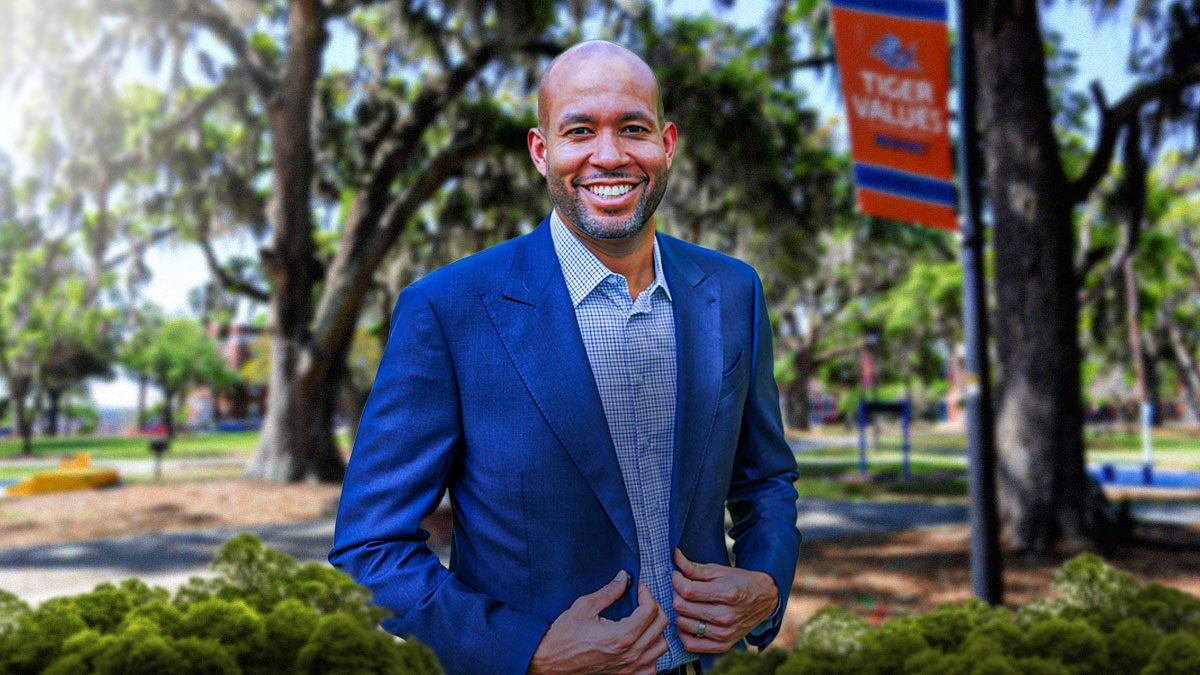Dillard University and two other HBCUS in Louisiana have partnered with Tulane University to create the Louisiana Collaborative for Diversity in Nutrition program. Xavier University of Louisiana and Southern University and A&M College are also a part of the partnership. This program includes a symposium and internship that focus on nutrition research.
Dillard student Ja’Nae Hanzy is one of six Nutrition Equity Scholars. By taking part in the program, she was able to earn an internship at Dillard. Attending a symposium on nutrition sparked her interest in nutrition, food access, and how it relates to public health issues.
“I realized how crucial it was for HBCU students to understand food insecurity and the various factors that can really influence our nutrition,” she said.
The program is funded by a grant from the USDA. The goal of the USDA grant program is to raise the quality of agricultural, food, and nutrition sciences taught in higher education. To diversify the workforce in nutrition, it aided in the creation of the Louisiana Collaborative. With two more years left, the partnership between the universities has recently finished its first year.
“This project really resonated with me because it really moves the needle in addressing health equities,” said Rachael Reed, a research scientist with the Minority Health and Health Equity Research Center at Dillard. “We're actually providing culturally competent care. Especially in New Orleans, where food is so cultural, having individuals who understand that and can adequately address that for our patient population in this area is so important.”
Southern University is the only HBCU partnership that has a Human Nutrition and Food degree program, while Dillard and Xavier only have introductory-level nutrition courses. As part of the collaboration, the Celia Scott Weatherhead School of Public Health and Tropical Medicine at Tulane is offering nutrition courses to students from any of the HBCUs. Dillard will add an additional maternal and child nutrition course if the program receives enough interest from students.
A professor from Xavier says that the partnership has helped several of her students land nutrition internships. While a professor from Southern encourages students from all universities involved to take part in the program if they have an interest in nutrition, even if they don’t have goals of being a registered dietician.
“I would say (this program is for) students who are hungry—pun intended—so students who actually want to make a change in their communities,” Johnson said. “It's practical because everybody has to eat.”
This program is just a part of a bigger partnership between Tulane and Dillard. The partnership will give Dillard students access to Tulane’s Public Health Early Access Program, which offers a variety of concentrations including nutrition, international health and sustainable development, epidemiology, and health policy.




















